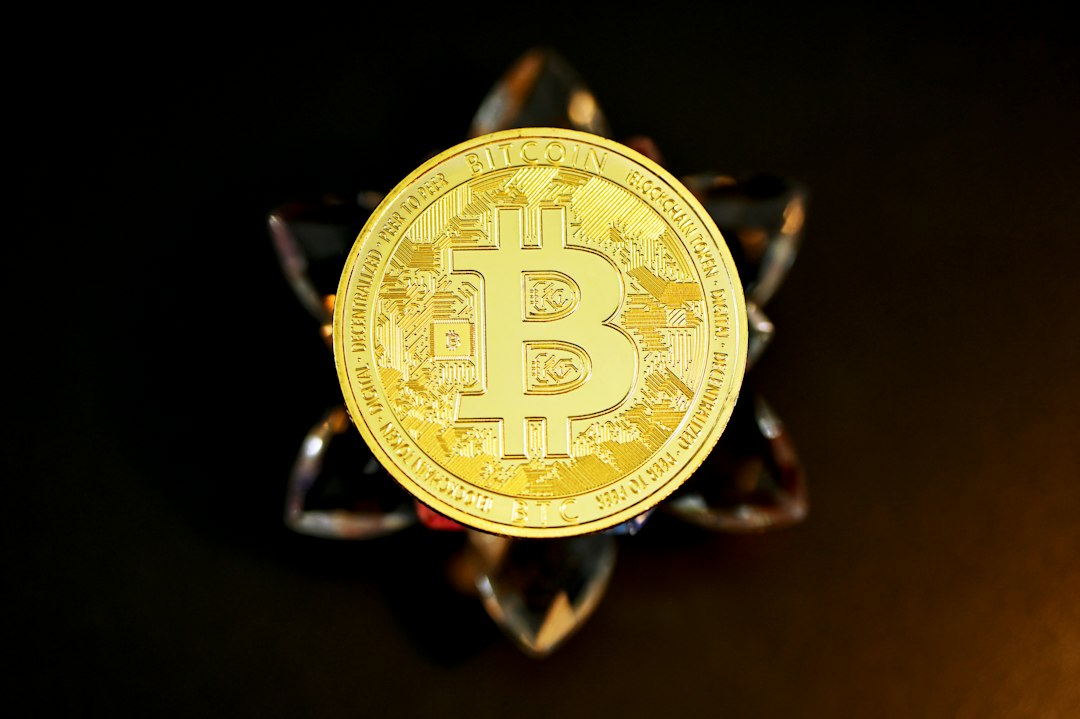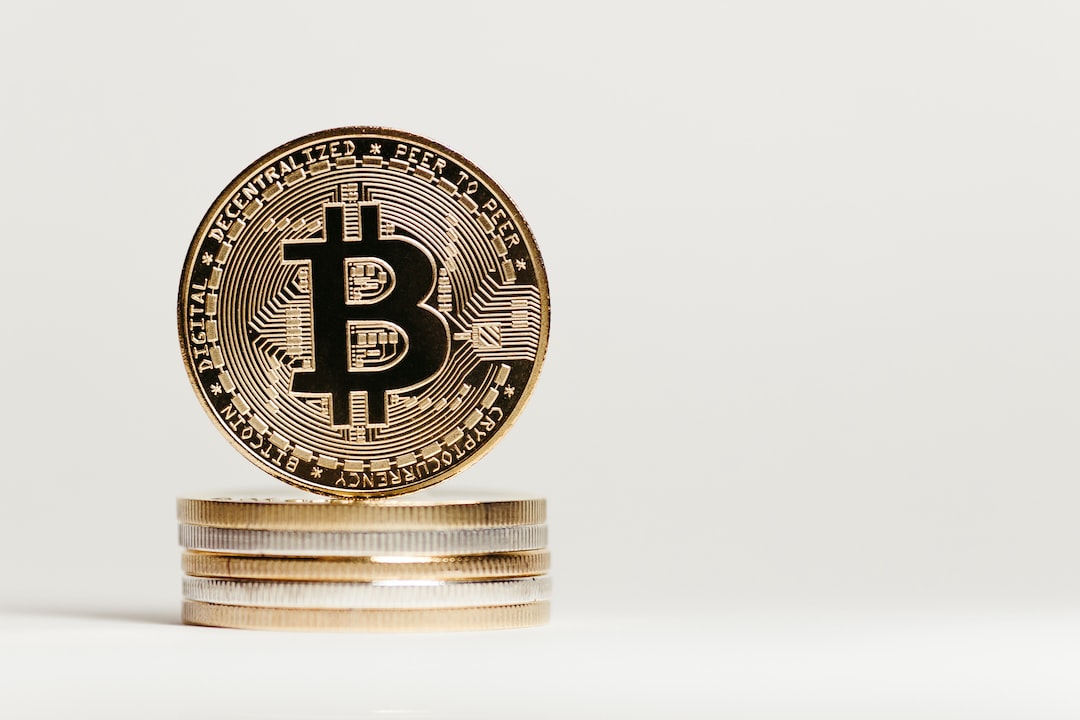Binance Stops Offering Peer-to-Peer Service with Sanctioned Russian Banks
Binance, the world’s largest cryptocurrency exchange, has made changes to its peer-to-peer service that prevent users from transferring rubles through sanctioned Russian banks. This move comes after allegations that Binance was facilitating the evasion of U.S. sanctions by letting Russians trade rubles for digital tokens.
Key Points:
– Binance’s peer-to-peer service no longer includes five sanctioned Russian lenders as options for transferring rubles between users.
– A Binance spokesperson stated that the exchange regularly updates its systems to ensure compliance.
– The Justice Department has been investigating Binance since May to determine if it was involved in allowing Russians to bypass U.S. sanctions.
– Binance has faced increased regulatory scrutiny, including lawsuits from the Commodity Futures Trading Commission and the Securities and Exchange Commission.
It is clear that Binance is facing significant challenges both domestically and internationally. Regulatory agencies are closely monitoring the exchange, and allegations of non-compliance have resulted in legal action. Binance’s decision to halt its peer-to-peer service with sanctioned Russian banks is likely an attempt to address these concerns and demonstrate its commitment to compliance.
Hot Take: Binance’s recent actions reflect the increasing pressure faced by cryptocurrency exchanges to ensure compliance with regulations. As the crypto industry continues to grow, it is crucial for exchanges to establish trust and transparency in order to maintain their operations and serve their users effectively.





 By
By
 By
By
 By
By
 By
By
 By
By